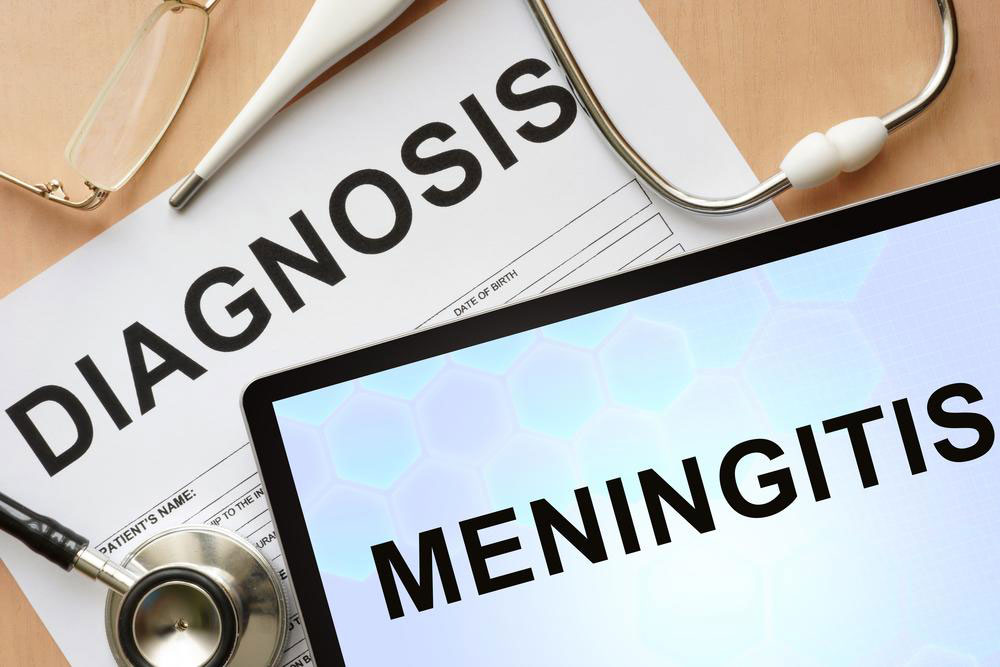Everything you need to know about meningitis
What is meningitis? Your brain and spinal cord are covered in delicate membranes called meninges that act as a gentle cover. Meningitis is a very rare infection that is caused by the inflation of the meninges.
The meninges are very important and play a notable role by surrounding and protecting your central nervous system.
It may be most obvious to think that meningitis is caused by an infection that begins in your brain, but this does not hold true almost always. The cause may trigger from places like your ears, throat, etc. These infections may or may not pose a problem when they are situated in these parts of the body but lead to inflation as soon as they come in contact with meningitis.
There are several ways through which infections that cause meningitis can be spread. Actions such as kissing, coughing, sharing food plates, toothbrushes, etc. can lead to the catching of these infections. A very common way of catching these infections is from people who have these viruses settled in their nose or throat, but may not be suffering from meningitis themselves.
Who is at a risk of getting meningitis? Meningitis can affect anyone, but certain people are a higher risk of getting meningitis. People who have not completed their vaccination schedule are likely to suffer from this infection. Kids and teenagers below the age of 20 and adults above the age of 55 are likely to get meningitis. A weak immune system is one that can easily allow meningitis germs to spread. Also, kids living in a community setting such as boarding schools, dormitories, child care centers, etc. are more susceptible to meningitis.
The common symptoms of meningitis that you should look out for and be alerted include severe headaches, drowsiness, feeling a lack of energy, fever, vomiting, a stiff neck, cold hands and feet, rapid breathing, and pale skin. Infants too are at the risk of being affected by meningitis and signs such as refusal to be held, a stiff body, sloppiness, loud cries, etc. should make you seek medical help at the earliest.
Looking for symptoms for meningitis and contacting your physician at the earliest will enable you to avail of the ideal treatment.



